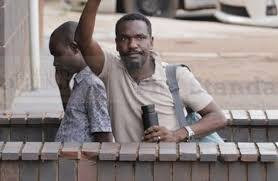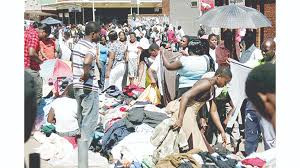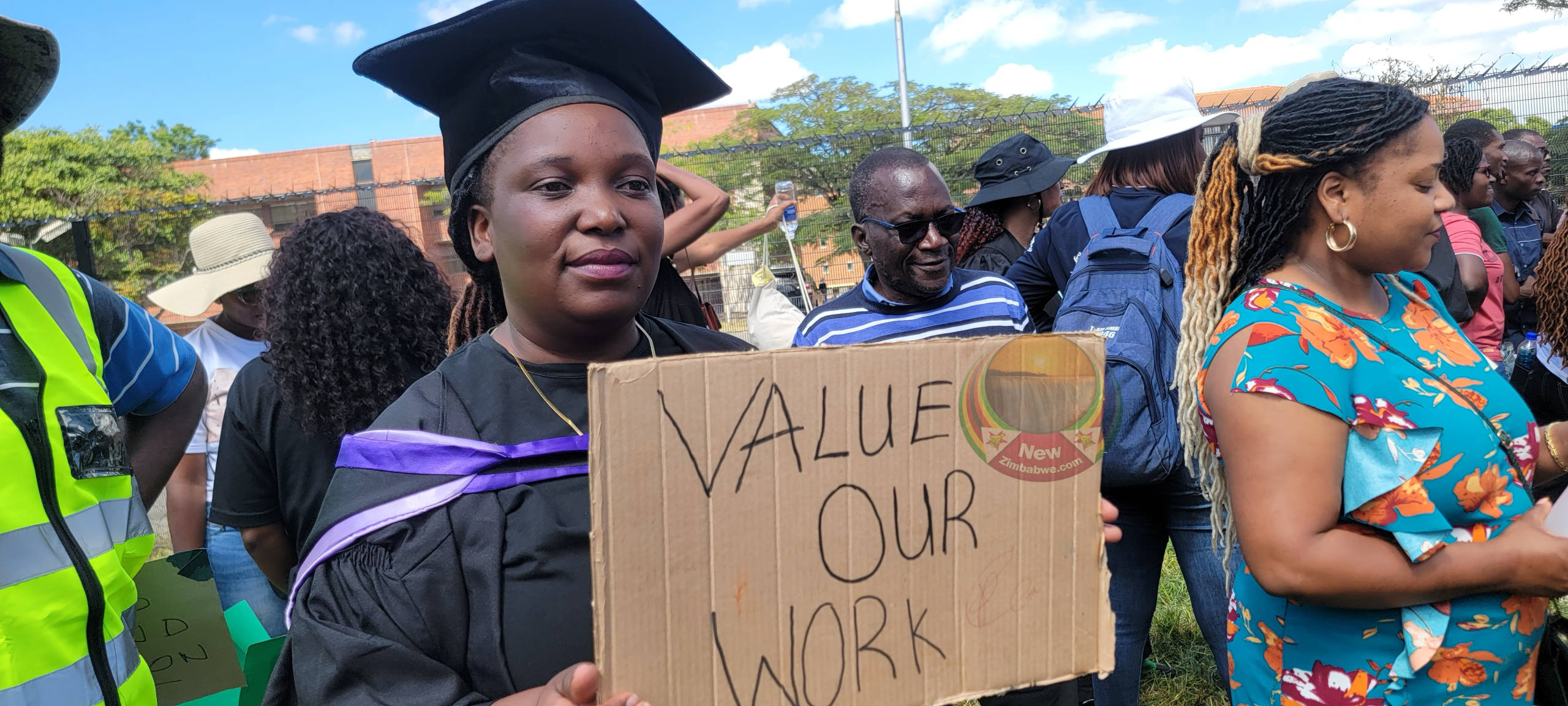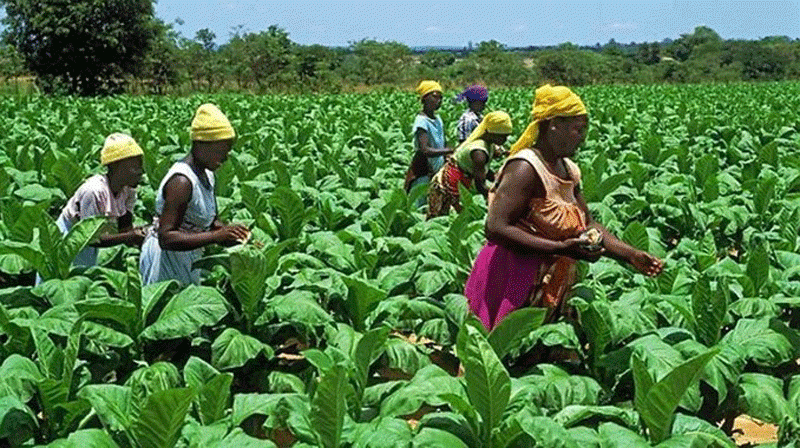ZIMBABWE continues to hog the limelight for the wrong reasons after three research think-tanks ranked the country as the worst in terms of governance, corruption and human rights violations.
The country received Grade “E” based on its performance across key governance metrics, including corruption, rule of law, Press freedom and political rights, according to a recent report by World Economics, a London-based research organisation.
The report, which compares governance in African countries, awarded Zimbabwe an overall governance score of 28,9%.
“Governance is assessed via indexes on corruption perception, rule of law, Press freedom and political rights. The governance index gives equal weight to all four criteria.
“Zimbabwe has Grade E, World economics governance 28,9%, Corruption levels 10,8%, Rule of law 16,1%, Press freedom 42,9%, political rights 31,0%,” the report read.
Countries like Botswana, South Africa, Namibia and Ghana were rated significantly higher with a Grade “B”, indicating good governance.
Keep Reading
- Mavhunga puts DeMbare into Chibuku quarterfinals
- Bulls to charge into Zimbabwe gold stocks
- Ndiraya concerned as goals dry up
- Letters: How solar power is transforming African farms
According to Africa’s Rand Merchant Bank 2024 report on investment destinations, Zimbabwe ranked last out of 31 countries, making it the worst place to invest.
Zimbabwe performed the worst in all these categories, even being outdone by war-torn countries like the Democratic Republic of Congo.
This situation worsened from 0,78% in 2023 to 0,80% in 2024.
Democratic space under President Emmerson Mnangagwa’s administration continues to shrink, with less than 40% of the people in the country believing there is still democracy, another report by Afrobarometer showed.
Afrobarometer is a pan-African, non-partisan survey research network that provides reliable data on African experiences and evaluations of democracy, governance and quality of life.
“In Zimbabwe, fewer than four in 10 citizens think their country is a ‘full democracy’ or a ‘democracy with minor problems’ and fewer than half are satisfied with the way democracy works in the country,” the report showed.
The report revealed that while African citizens remain committed to democratic principles, there is a troubling decline in popular support for democracy across the continent.
The report, based on 53 444 face-to-face interviews, indicates that a majority of Africans reject non-democratic alternatives like military rule.





